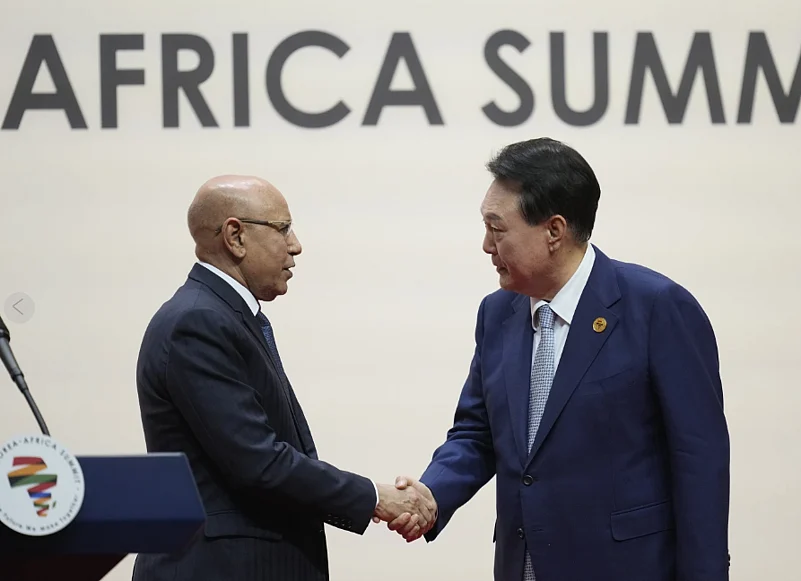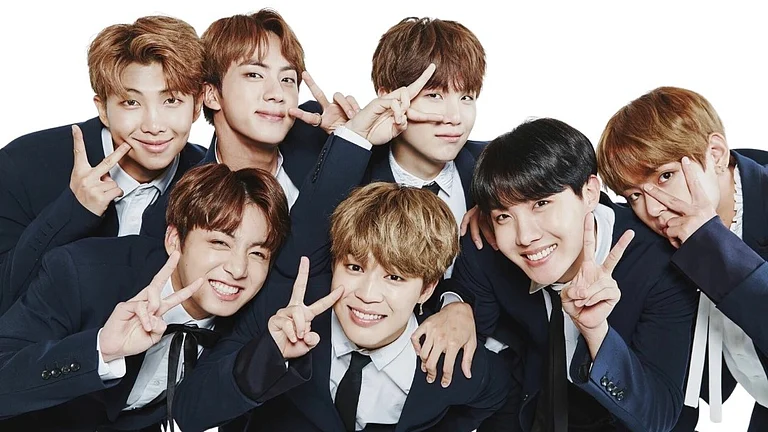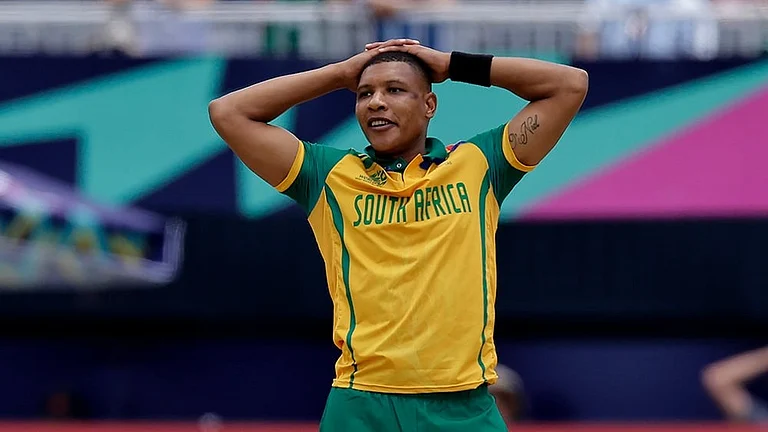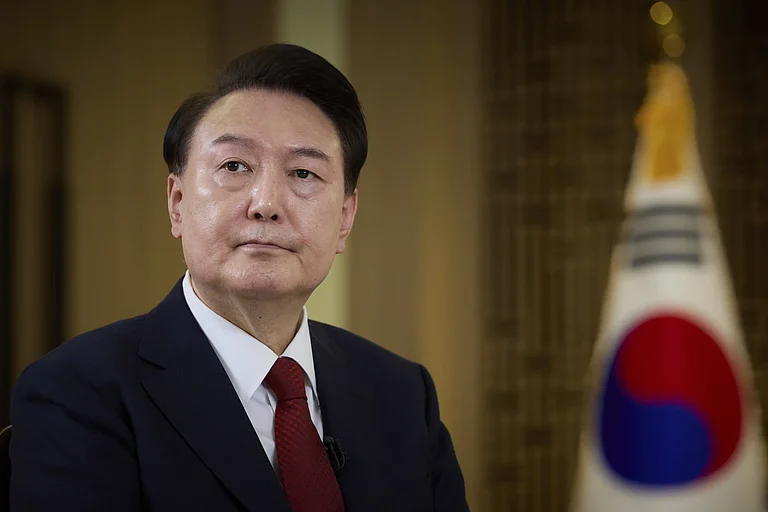South Korea will expand development aid to Africa and pursue deeper cooperation with the region on critical minerals and technology, President Yoon Suk Yeol said on Tuesday as he hosted a meeting with dozens of African leaders in Seoul.
In a speech to the Korea-Africa Summit, Yoon also urged African countries to take firmer steps in an international pressure campaign against North Korea. The North recently accelerated its tests of nuclear-capable weapons systems and flew hundreds of balloons to drop tons of trash and manure on South Korea as relations between the war-divided Koreas worsen.
Representatives from 48 African nations, including 25 heads of state, are attending the two-day summit, where talks are expected to focus on trade and investment.
Trade with African nations currently accounts for less than 2 per cent of South Korea's total imports and exports. South Korean officials say expanding ties in the area of minerals and resources would help improve the country's supply chain resilience in key technology industries. Following Tuesday's meeting, South Korea and the African nations announced that they will start high-level talks aimed at improving cooperation over minerals. The African region is a major source of minerals such as nickel, cobalt, graphite and lithium, which are crucial for technology industries such as semiconductors, batteries and electric vehicles, which are major export items for South Korea.
There are concerns in South Korea that it may face growing challenges in securing a stable supply of core minerals since it has so far secured a much smaller number of mines than the United States, China and Japan.
Yoon also said South Korea plans to expand its cumulative development aid contributions to Africa to around USD 10 billion by 2030 and separately provide USD 14 billion in export financing to encourage South Korean investment in the region.
“We will also explore sustainable ways of cooperation in issues that are directly tied to future growth, including the stable supply of critical minerals and digital transformation,” Yoon said.
The countries also vowed stronger collaboration in the building of sustainable infrastructure in Africa, including data-driven smart cities and intelligent transportation systems.
South Korea's outreach to Africa comes at a time when North Korea is becoming more active in trying to break out of its diplomatic isolation and build cooperation with countries confronting the United States, as its leader Kim Jong Un embraces the idea of a “new Cold War”. Kim in recent months has boosted the visibility of his ties with Russia and China and sent a government delegation to Iran.
North Korea also has long-standing relations with several African nations, including Uganda, Zimbabwe and Mozambique, although some governments in the region have scaled back their ties with the North amid tightened UN sanctions over its nuclear weapons and missile programmes.
UN experts for years have accused North Korea of raising illicit revenue from Africa through infrastructure projects, weapons sales and other activities.
Yoon said the security situation of the Korean Peninsula is in a “very serious state” following a series of North Korean provocations and military activities, including an unsuccessful launch of a military reconnaissance satellite last month. He expressed hopes for coordinating with African nations to build pressure on North Korea.
“Along with our friends in Africa, South Korea will fully implement UN Security Council resolutions and work to safeguard peace on the Korean Peninsula and the international community,” Yoon said.
In a joint statement, South Korea and the African nations reaffirmed their commitment to the full implementation of UN Security Council resolutions against North Korea and highlighted the “importance of the efforts of the international community to achieve a complete, verifiable, and irreversible denuclearisation of the Korean Peninsula”.
In a statement in May, North Korea's Foreign Ministry said the country's relations with Africa will “continue to develop invariably” and that it will continue to support the region's struggle for “independent development under the banner of non-alignment as well as independence against imperialism”.


























